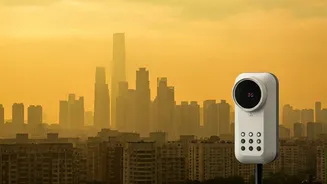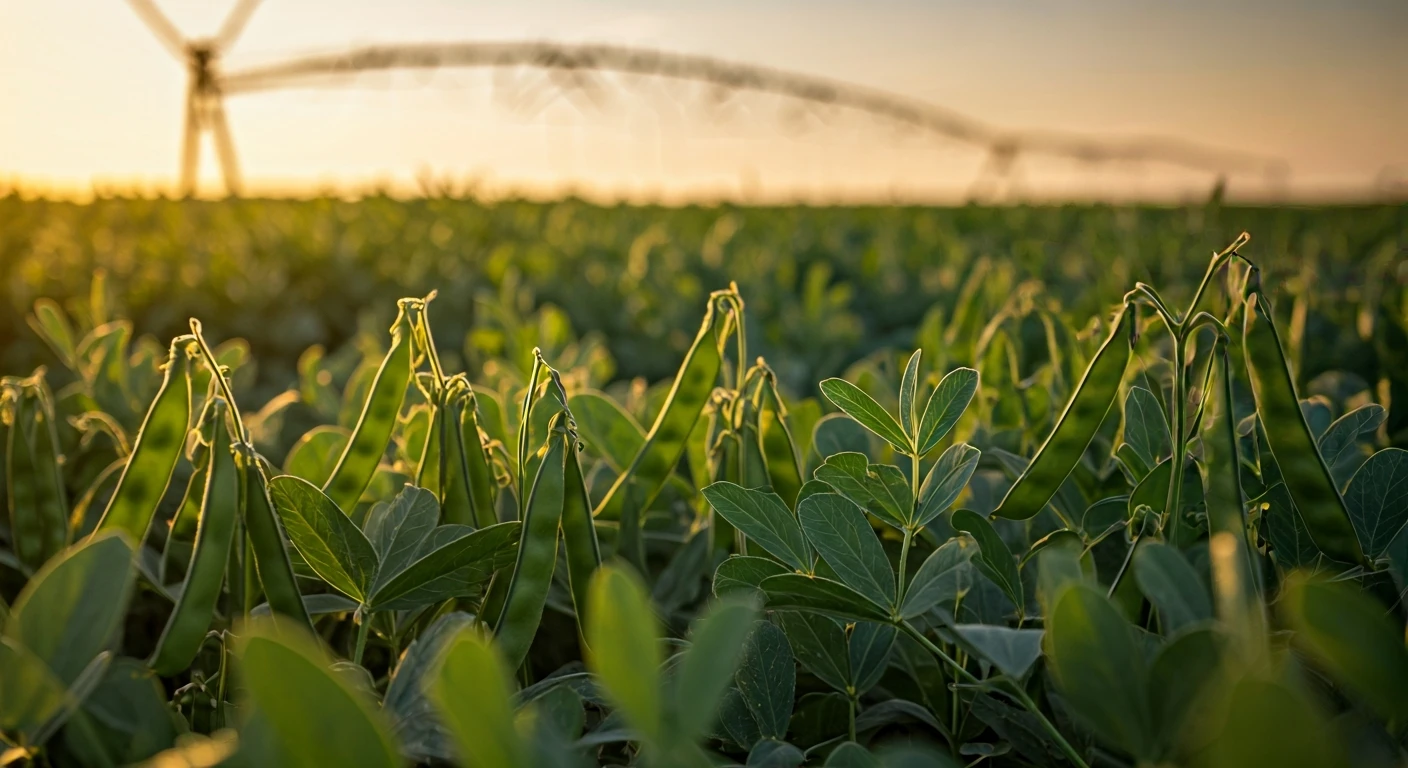Air Quality Deteriorates
The air quality in Delhi and the surrounding National Capital Region (NCR) has severely worsened, painting a grim picture a day before the Diwali celebrations.
The alarming levels of pollution have prompted authorities to initiate stricter measures to combat the hazardous air conditions. The deteriorating air quality poses significant health risks to the residents, especially the vulnerable populations such as children, the elderly, and those with respiratory issues. Reports indicate a sharp increase in particulate matter (PM) levels, exceeding permissible limits and raising concerns among environmental experts. The situation calls for urgent action to alleviate the crisis and protect the public from adverse health effects.
GRAP-2 Measures Activated
In response to the deteriorating air quality, the authorities have implemented the Graded Response Action Plan (GRAP-2) to curb pollution levels. GRAP-2 includes a set of stringent measures that are designed to control various sources of pollution. These measures include restrictions on construction activities, the use of diesel generators, and the stoppage of the use of coal. Additionally, the plan enforces stricter monitoring of pollution levels and encourages public awareness campaigns to educate people about the hazards of air pollution. The implementation of GRAP-2 aims to reduce emissions from various sources and improve air quality before, during, and after Diwali, as the bursting of firecrackers can worsen the situation.
Diwali's Impact Predicted
The upcoming Diwali festival poses a significant challenge, with the potential to exacerbate the existing pollution crisis. The bursting of firecrackers, a common tradition during Diwali, is expected to release substantial amounts of pollutants into the atmosphere. This release is likely to worsen the air quality, leading to even more hazardous conditions. The authorities are making efforts to prevent and reduce pollution during this time, with awareness programs advising against the use of fireworks. The potential for a significant spike in pollution levels has raised concerns about public health and the need for stricter enforcement of environmental regulations during the festival season. Authorities will monitor air quality levels closely and take immediate measures to mitigate any adverse impacts.
Public Health Concerns
The deteriorating air quality in Delhi-NCR has significant implications for public health, as the pollution levels increase. Exposure to high concentrations of particulate matter and other pollutants can trigger respiratory problems, cardiovascular diseases, and other health issues. Vulnerable populations, such as children, the elderly, and those with pre-existing conditions, are at a higher risk of adverse health outcomes. The government has issued health advisories to inform the public about the risks and precautions to take to minimize exposure to pollutants. The long-term effects of air pollution on public health, including increased mortality rates and chronic diseases, highlight the urgent need for long-term solutions to address the crisis. The government has initiated efforts to educate the public about the health risks associated with the air pollution.
Looking Ahead
The current air pollution crisis emphasizes the need for sustainable and comprehensive strategies to address the issue. Implementing long-term measures, such as promoting cleaner modes of transportation, improving waste management practices, and regulating industrial emissions, is critical. Encouraging the use of renewable energy sources, such as solar power, can also reduce reliance on polluting fuels. Addressing the root causes of air pollution will require a multi-pronged approach that involves government policies, individual actions, and community participation. The long-term goal is to improve air quality and safeguard the health and well-being of the residents of Delhi-NCR by implementing strategies and setting goals to curb pollution.














